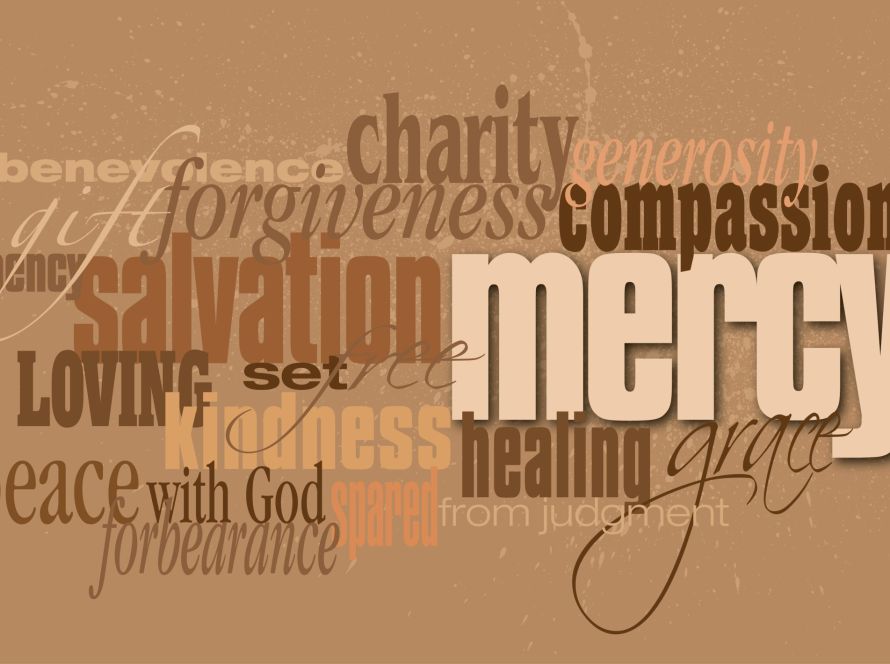Sitting on the sidelines, listening to the noise of politics and watching the theater play out, I can’t help but feel a constant mix of frustration, sadness, and disbelief. I’ve never been someone who jumps deep into politics—I’ve always kept my distance because, frankly, I don’t think the government has the everyday American’s best interests in mind. It seems more and more obvious that the people in power are looking out for themselves, their careers, their image, and their wallets. And I don’t say that lightly. I say it as someone who simply watches where the money goes, and when I look at how taxpayer dollars are being spent, it makes me shake my head. The priorities don’t line up with what the people of this nation actually need.
Instead of putting Americans first, billions of dollars go out the door to fund programs and initiatives overseas that most of us don’t even understand. It’s not just aid—it’s money funneled into strange projects that make no sense. I remember hearing about taxpayer dollars going to things like children’s shows in the Middle East, or funding organizations that had previously been linked to groups hostile to America. And then, when tariffs or trade policies get brought up to protect our economy, we’re painted as bullies. The double standard is staggering. Why is it that American money can fund programs abroad without question, but when it comes to protecting our workers or industries, we’re labeled the villains?
Meanwhile, here at home, our veterans—men and women who put their lives on the line for this country—struggle. They’re asked to jump through hoops for healthcare, only to be denied because they don’t meet some arbitrary criteria. If that’s not backward, I don’t know what is. Politicians leave office with lifetime healthcare for themselves and their families. They leave with pensions and security. But the people who fought in wars, who stood in harm’s way, get told to stand in line. That doesn’t sit right with me. If you wore the uniform and put your life at risk, healthcare for you and your family should be automatic—for life. No fine print, no exceptions. That’s the least this country can do in return.
And it shouldn’t stop there. Why can’t military service be a springboard into stable careers? Taxpayer money could go into programs that give every service member leaving the military free training in skilled trades—electrician, mechanic, HVAC, welder, you name it. We’d be setting them up for success and ensuring they can support their families. That same model could work for people experiencing homelessness. Imagine if, instead of just handing out temporary assistance, we invested in training programs that gave them certifications and apprenticeships. We’d not only reduce homelessness but also fill the thousands of skilled jobs in this country that go empty every year. It’s a win-win, but we never hear those conversations in Washington.
Instead, we hear about billions being sent overseas while Americans sleep under bridges, struggle to pay medical bills, or can’t afford housing. That’s what makes me wonder: if we redirected even half of what we send abroad, how many people here could have a stable place to live, access to mental health care, or a real shot at a career? It doesn’t seem like rocket science. It seems like common sense.
Healthcare is another sore spot. The system feels like it’s designed to keep people in debt. Deductibles climb higher and higher while premiums eat away at paychecks. One hospital visit can destroy a family’s finances. That’s not how it should be. No one is asking for everything to be free, but the system shouldn’t be a trap either. If insurance worked the way it should, it would actually protect people from disaster—not throw them into it. Preventive care should be easy to access, not something people put off because they can’t afford the bill.
And let’s not ignore what we’re eating. Processed foods filled with chemicals, cheap ingredients, and additives that harm our health dominate store shelves because they’re cheaper to produce. The government should be holding these companies accountable, not subsidizing practices that make people sick. If America invested in healthier food systems, nutrition education, and access to fresh food, we’d save billions in healthcare costs in the long run. Healthier people mean stronger workers, fewer medical emergencies, and a better quality of life.
Immigration is another piece of this conversation. Let me be clear: I don’t hate newcomers. America has always been a place where people come for the dream of a better life. But there has to be order, fairness, and structure. I don’t think it’s too much to ask that people come here legally, that they be willing to work, and that they contribute to the society they want to join. I believe in compassion, but I also believe in responsibility. If we can’t take care of our own people first, how can we be expected to take in more? Once we stabilize our country—veterans taken care of, healthcare fixed, homelessness reduced—then we can open the doors wider. But until then, it makes sense to get our house in order before inviting more people in.
And for those who come, it should be with the expectation that they respect the country they’re entering. You don’t come to America to tear it down or to hate it from within. If someone despises the very nation they’re asking to live in, why should they be allowed to stay? It doesn’t mean we reject culture or religion. It means we ask for basic respect and loyalty to the country providing opportunity. That’s fair, and it protects the people already here.
At the end of the day, the point is simple: America needs to stop being soft when it comes to the things that matter most. We need to be bold about putting money where it belongs—into veterans’ healthcare, affordable insurance, job training, housing, and food systems that actually keep us healthy. We need to demand accountability from politicians who line their pockets while ordinary families drown in debt. And we need to stop pretending that the American dream is still alive when, for so many, it’s slipping further and further away.
Watching from the sidelines, I don’t have all the answers, but I do know this: if we want the American dream to be more than just a phrase, then we have to start investing in Americans again. Not in faceless programs, not in endless foreign aid, not in broken systems that keep people stuck—but in the very people who make this country what it is. If we truly love this country, then it’s time to show it by building people up, not leaving them behind.



